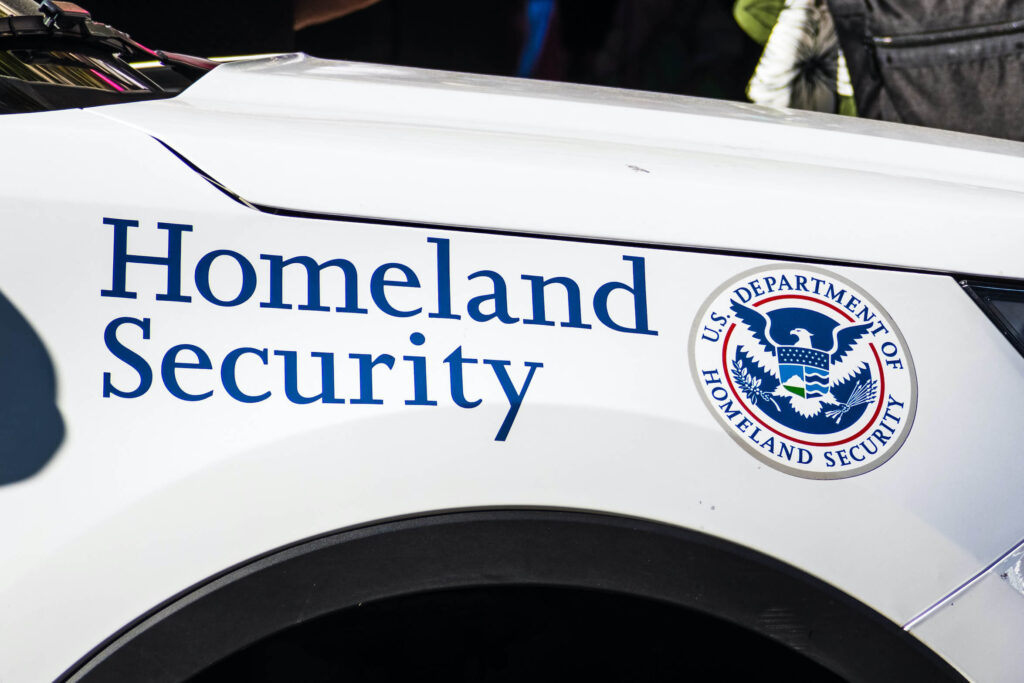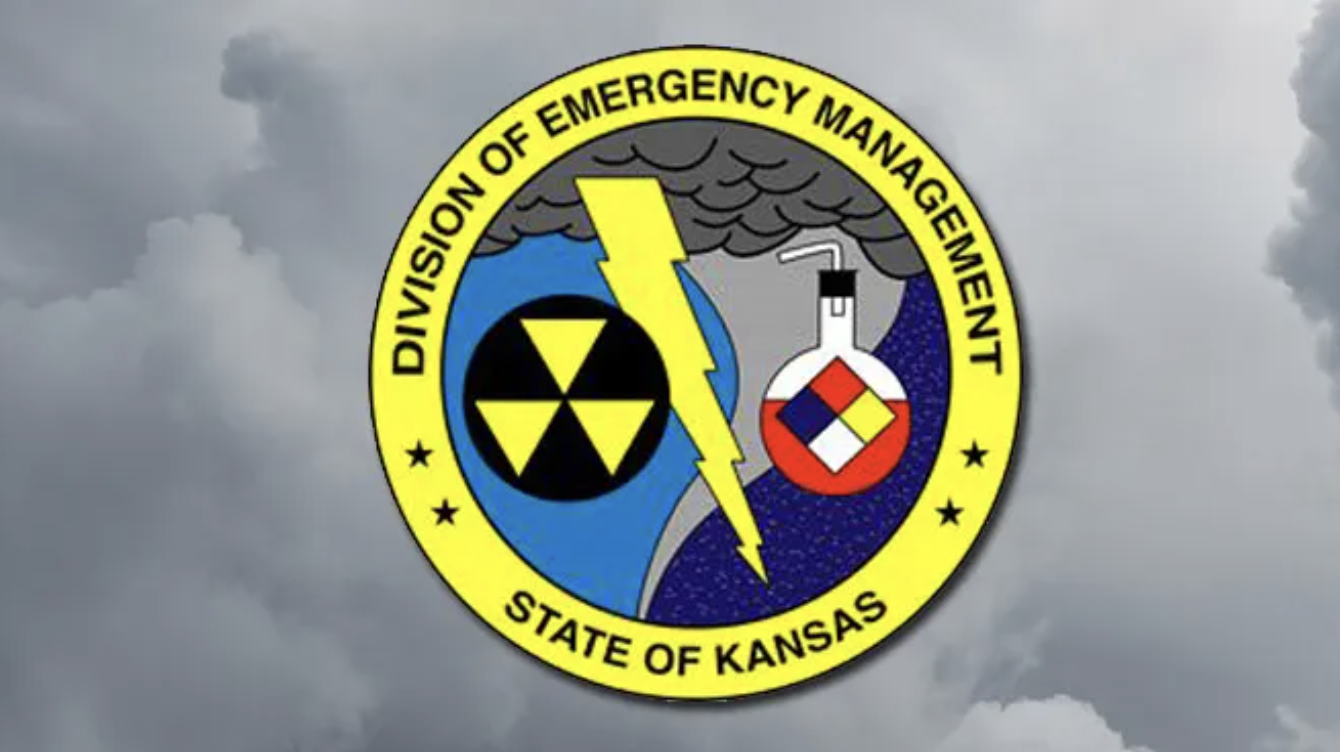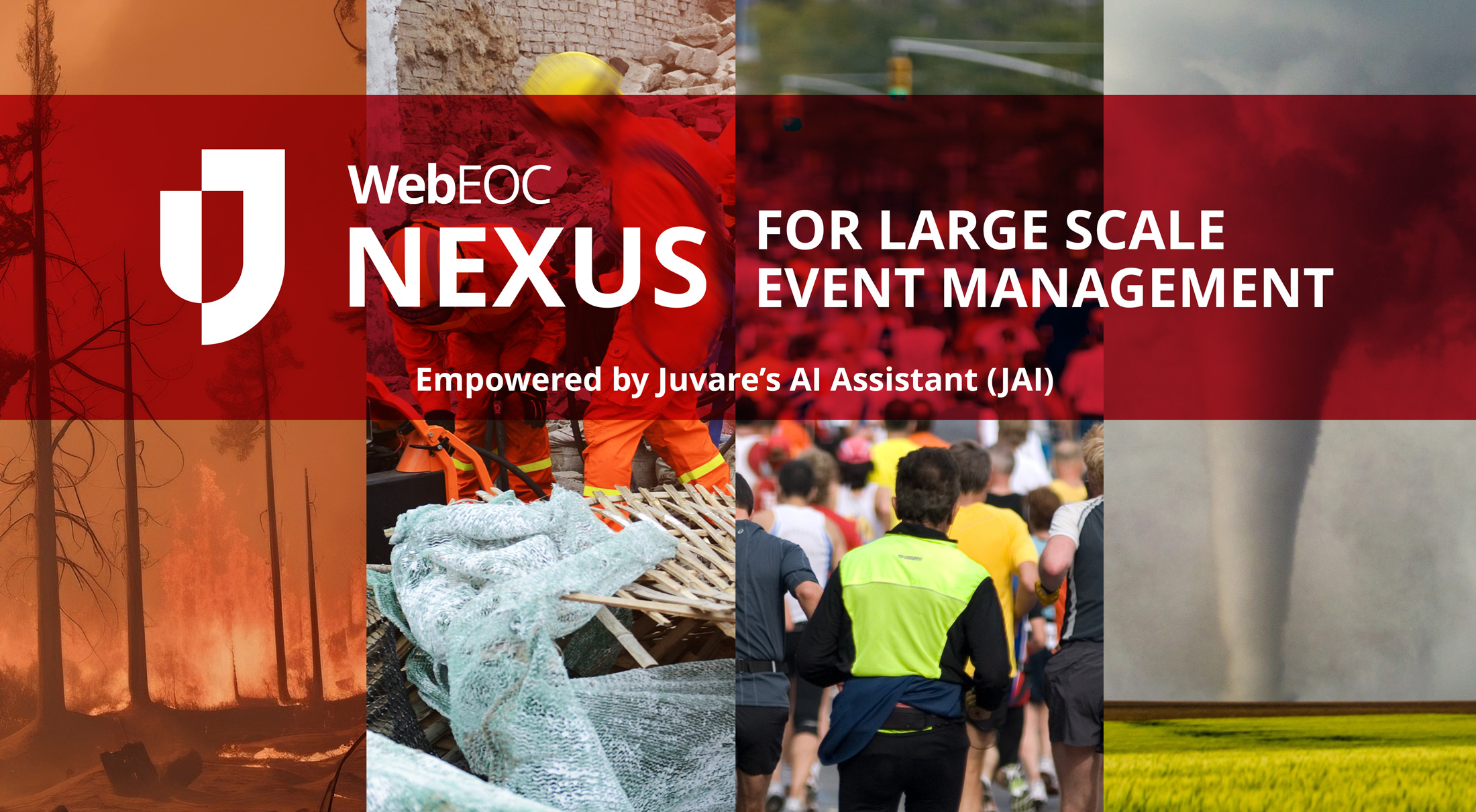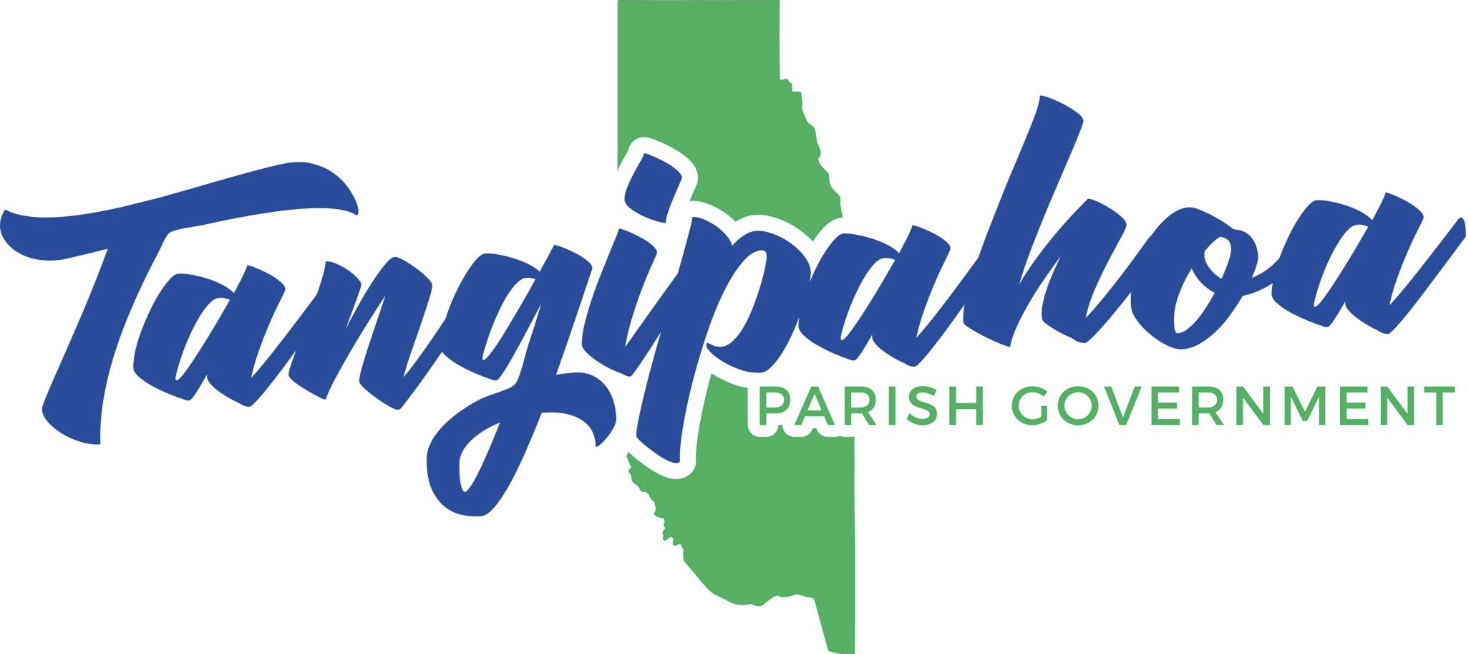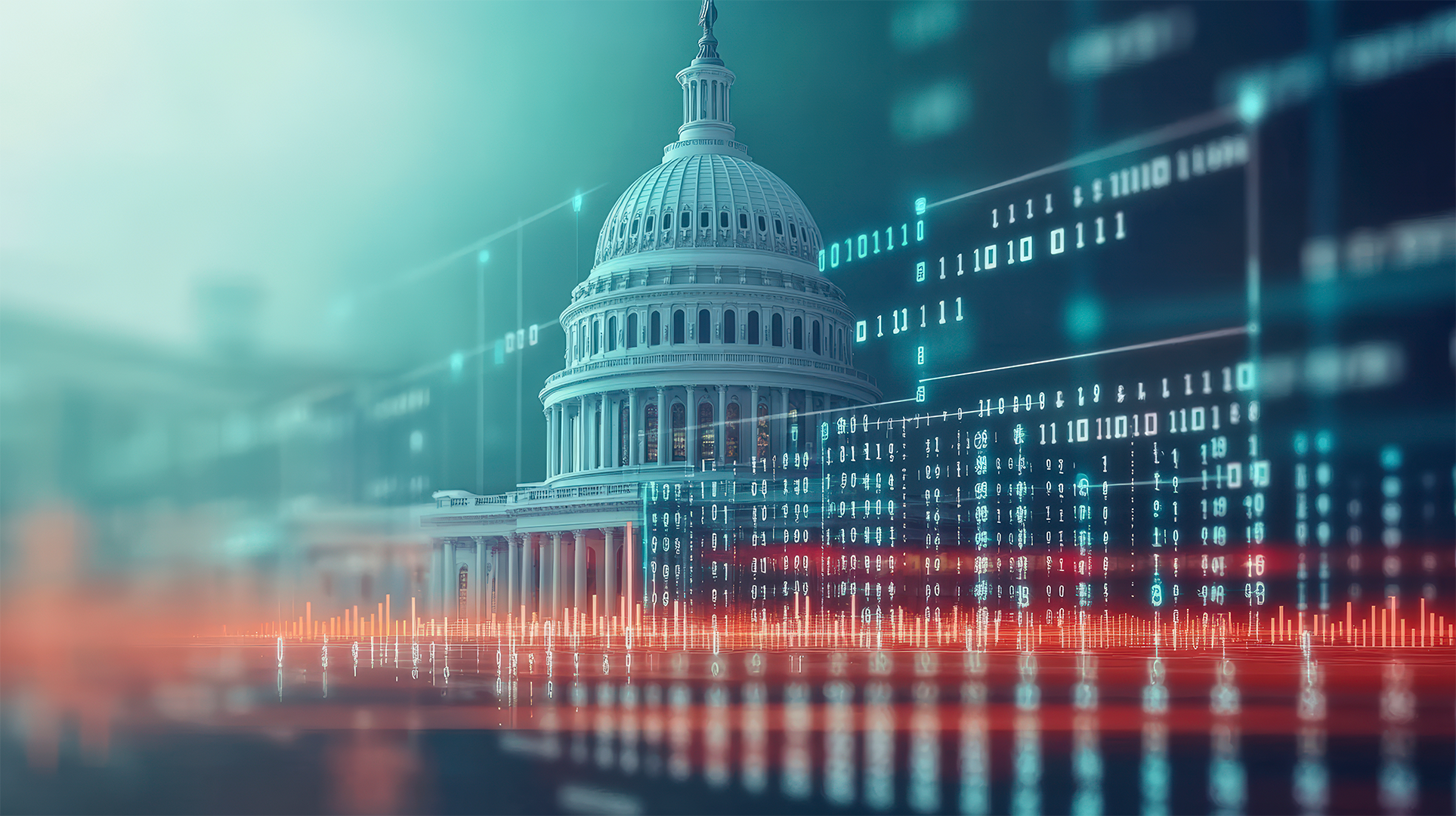Artificial Intelligence (AI) is no longer a technology of the future; it is actively shaping industries and infrastructures today. With AI’s rapid adoption in critical sectors such as energy, water, healthcare, and transportation, the need for safeguards has never been greater. Recognizing this urgency, the Department of Homeland Security (DHS) has unveiled a comprehensive framework to ensure the safe and secure deployment of AI in critical infrastructure.
This move signifies a pivotal moment for emergency management and infrastructure operators, providing a roadmap for responsible innovation while addressing emerging risks. At Juvare, we understand the significance of this development and are poised to help organizations align with these new standards.
A Framework for Safety and Security
The DHS framework is built around core principles designed to mitigate risks while enabling organizations to unlock AI’s transformative potential. These principles emphasize ethical and human-centric AI practices while bolstering cybersecurity in sectors that form the backbone of daily life. Key aspects of the framework include:
- Comprehensive Risk Assessment AI systems are powerful but can inadvertently introduce vulnerabilities. The framework requires developers to evaluate their technologies for potentially hazardous capabilities, ensuring that AI systems do not disrupt critical operations or create opportunities for cyberattacks.
- Ethics and Transparency To build public trust, the framework promotes the alignment of AI systems with human-centric values. This includes prioritizing ethical considerations, such as fairness, transparency, and the protection of human rights.
- Privacy as a Foundation With increasing concerns over data breaches and misuse, the framework emphasizes safeguarding user data. Measures are outlined to prevent unauthorized access and ensure that sensitive information remains secure throughout AI processes.
- Securing Cloud Infrastructure Cloud computing underpins many AI applications, making its security critical. The DHS framework addresses the need for rigorous supply chain oversight, secure data center operations, and continuous monitoring of cloud environments to mitigate vulnerabilities.
- Cybersecurity Tailored to AI AI presents unique cybersecurity challenges, such as adversarial machine learning. The framework calls for specialized protections, including enhanced system monitoring and anomaly detection, to guard against AI-specific threats.
- Stakeholder Communication and Transparency Clear communication about how AI is deployed and managed fosters accountability. Transparency ensures that operators, stakeholders, and the public understand the role of AI in critical operations.
Implications for Critical Infrastructure Operators
The DHS framework represents an essential guide for organizations navigating AI integration. By implementing these guidelines, operators in sectors such as energy, water, healthcare, and transportation can realize the full potential of AI while minimizing risks.
For instance, AI-driven systems can enhance situational awareness during emergencies, predict infrastructure failures before they occur, and streamline operational processes. However, without adherence to robust security and ethical standards, the same technologies could expose these sectors to cyberattacks or operational failures. The framework helps bridge this gap by ensuring safety and innovation go hand in hand.
Juvare’s Role in a Safer AI Future
As a leader in emergency management solutions, Juvare is at the forefront of supporting organizations in their AI journey. Our platforms, including WebEOC and Crisis Track, are designed to integrate with cutting-edge technologies like AI, providing real-time data analysis, improved decision-making, and seamless coordination during emergencies.
The DHS framework resonates strongly with Juvare’s commitment to safety, security, and innovation. Our solutions are built with privacy, transparency, and security at their core—principles that align directly with the new guidelines. From ensuring data protection to enabling robust AI-driven operations, Juvare’s tools empower organizations to meet the challenges of the AI era head-on.
Looking Ahead
The DHS framework marks a turning point for how AI is perceived and integrated into critical infrastructure. It is not just a guide; it is a call to action for organizations to embrace innovation responsibly. With AI technologies evolving rapidly, operators must be proactive in adopting safeguards and aligning with federal standards.
At Juvare, we are committed to being your partner in this journey. By leveraging our expertise and solutions, organizations can confidently integrate AI while ensuring the safety and security of their operations.
For more information on how Juvare’s products can support AI integration in critical infrastructure, contact us today. Together, we can build a future where innovation thrives securely.
The Department of Homeland Security (DHS) is a federal agency in the United States tasked with ensuring public safety and security. Established in response to the September 11, 2001, terrorist attacks, DHS focuses on a wide range of responsibilities, including counterterrorism, cybersecurity, disaster response, and immigration enforcement.
Key missions of DHS include:
- Preventing terrorism and enhancing security: Protecting the nation from threats by gathering intelligence, securing borders, and ensuring the safety of public spaces and critical infrastructure.
- Securing and managing borders: Overseeing the entry and exit of people and goods, protecting against illegal trafficking, and safeguarding national sovereignty.
- Enforcing and administering immigration laws: Managing lawful immigration while addressing unauthorized entry.
- Safeguarding cyberspace: Protecting national cybersecurity infrastructure and responding to digital threats, a growing focus in recent years.
- Ensuring resilience to disasters: Leading federal disaster response efforts, working with state and local governments, and coordinating resources during emergencies.
DHS operates through a network of agencies, including the Federal Emergency Management Agency (FEMA), U.S. Customs and Border Protection (CBP), the Transportation Security Administration (TSA), the Cybersecurity and Infrastructure Security Agency (CISA), and others. It plays a crucial role in protecting the U.S. from threats both physical and digital, ensuring the safety of its citizens and infrastructure.









